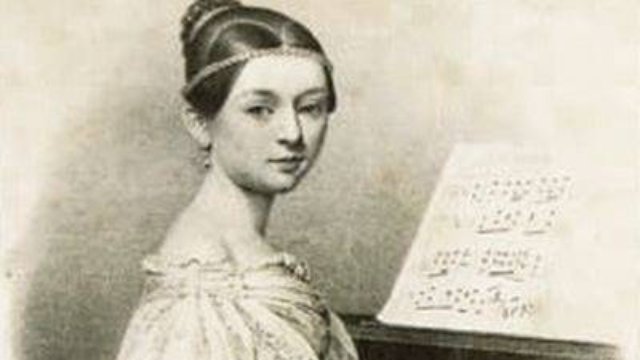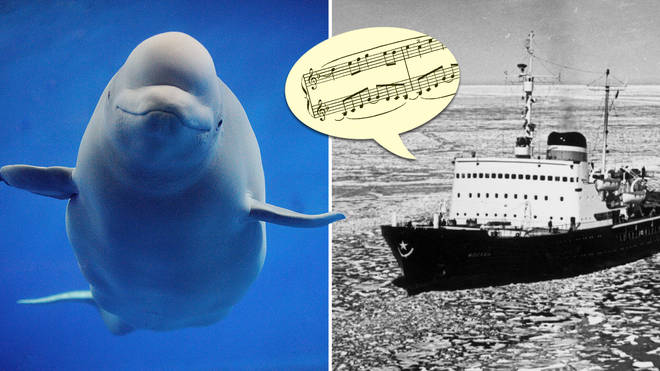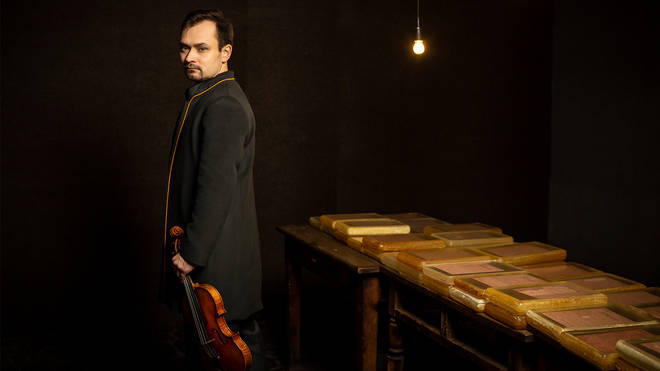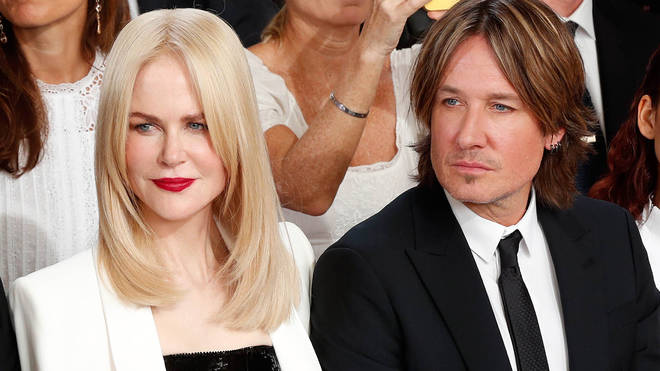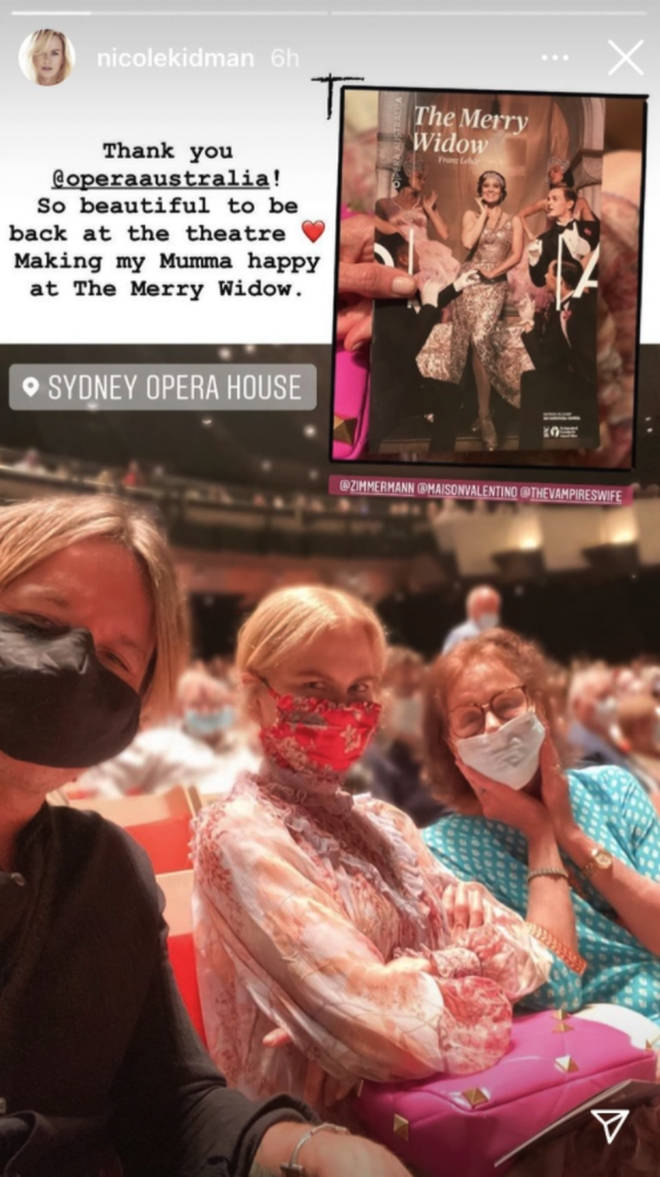... leaving musicians without a job
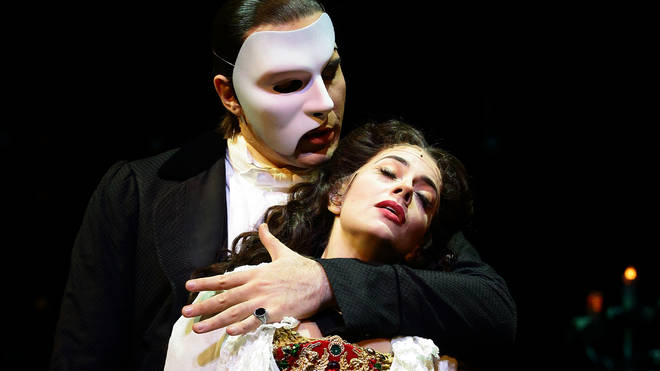
Phantom of the Opera was celebrated for having the largest orchestra in the West End. Now, it’s being sliced in half.
Despite promises the original production would return after restrictions are lifted, ’s orchestra will be cut in half when it returns to the West End.
’s hit , once celebrated for having the largest orchestra in the West End, has reduced its players from 27 to just 14.
All 27 members were released from their contracts while Her Majesty’s Theatre was undergoing refurbishment, with hopes they might be rehired. Now, while 14 musicians can re-audition for the show’s return on 21 July, 13 of the jobs no longer exist.
Instruments including the , , , and horns have been cut, and there will be a trimmed-down section.
The production will replace traditional instrument sounds with keyboard effects. A statement says the “modern instrumentation… will give this timeless score the freshness of a new musical”.
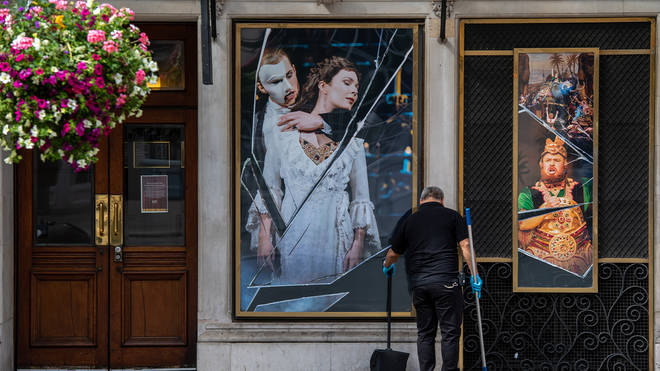
Phantom producer Cameron Mackintosh, and the Really Useful Group, say this reduced orchestration, which is used for the UK touring production, has also already been “created for the international productions of the show”.
“These orchestrations are just as thrilling and rich as the original but would not have been possible with the technology available in 1986,” they added.
There are great concerns the move will leave musicians high and dry in what has already been a disastrous year for the arts.
Matt Dickinson, the percussionist for Phantom, was devastated to find out his job had been cut. “I sacrificed so much, willingly, to be a part of this wonderful show and yet I will leave with nothing more than the shirt on my back: no severance to speak of and my livelihood and that of my family in absolute tatters,” Dickinson .
“I don’t even have the opportunity to re-audition for my job and am unclear what the future holds.”
Horace Trubridge, general secretary of The Musicians’ Union, said the organisation was “sad and disappointed” by the move.
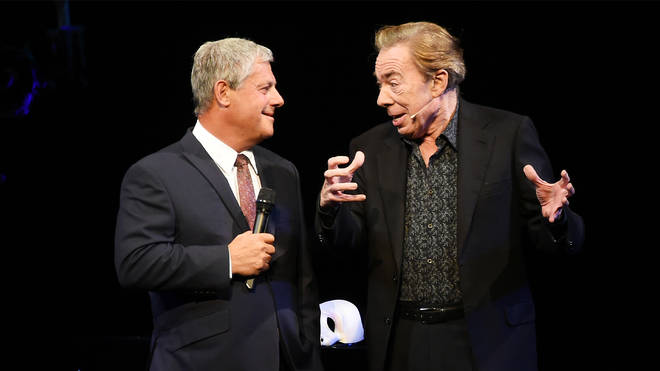
The Phantom of the Opera, London’s second-longest-running musical, closed its curtains on 16 March 2020 due to the coronavirus pandemic.
Last year, it was promised that “the brilliant original” production would return.
In August 2020, Lloyd Webber said: “Phantom will be back up there and even better than before. We’re going to have the original production and it will be fantastic.”
The composer and orchestra have historically enjoyed a close relationship. In April last year, the entire orchestra to “show their support and respect for Andrew”. Lloyd Webber said he was “incredibly touched” by their creation.
The move to cut the orchestra in half has been widely criticised by industry figures, including British composer Thomas Hewitt Jones, who : “This has been a rumour in our industry for a while, but here it is confirmed in plain sight. It is incredibly disappointing that theater mega-producers set this kind of example.”
Meanwhile on Broadway, Phantom’s producers have committed to return with a full pit and have condemned the “downsizing of musicians” in the West End.
Adam Krauthamer, president of the New York City musicians’ union, told : “Producers who take advantage of a worldwide pandemic in order to cut live music are cheapening their productions and robbing the audience of the full experience of musical theater.”


